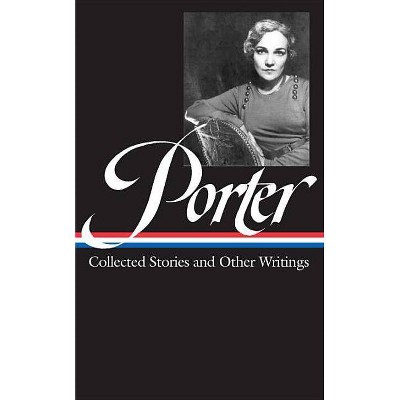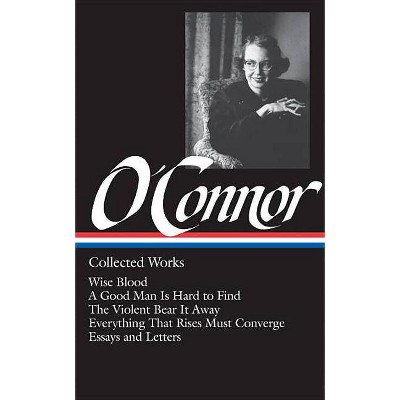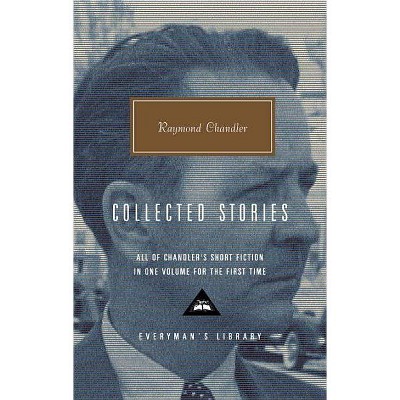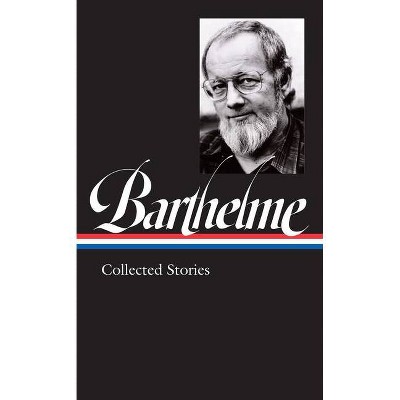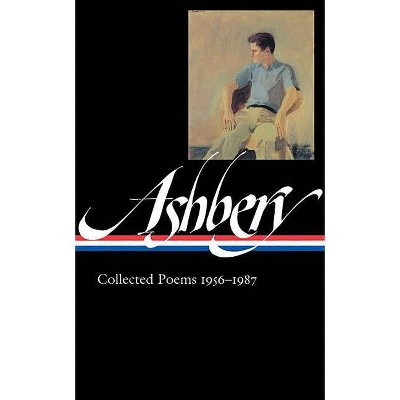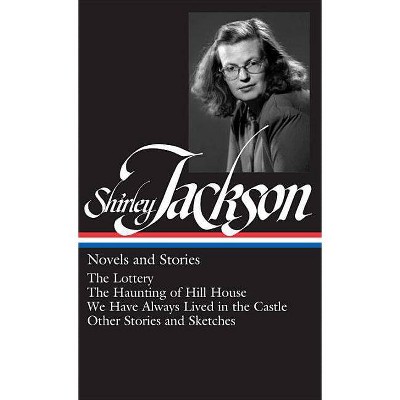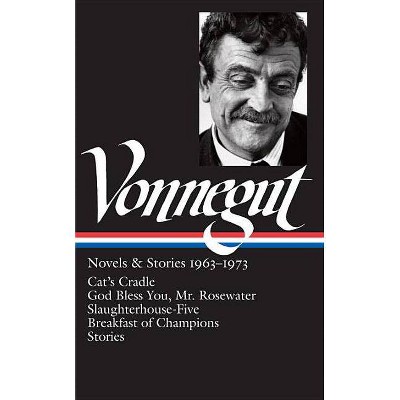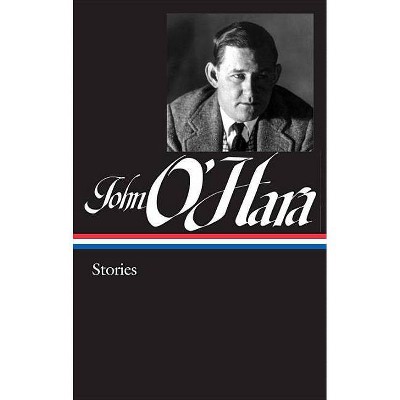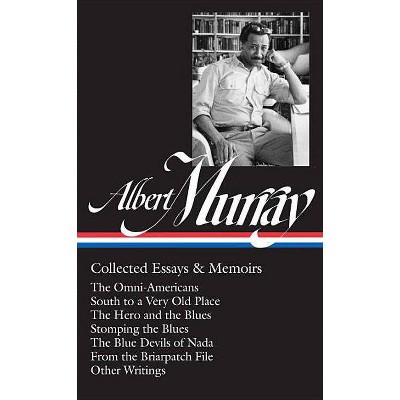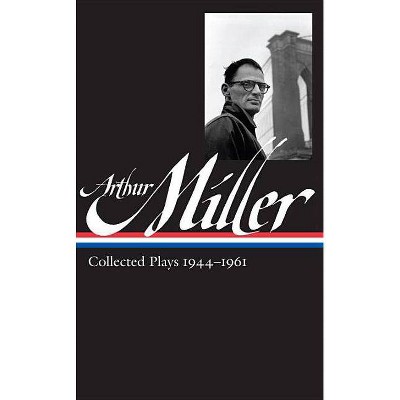Raymond Carver: Collected Stories (Loa #195) - (Library of America) (Hardcover)
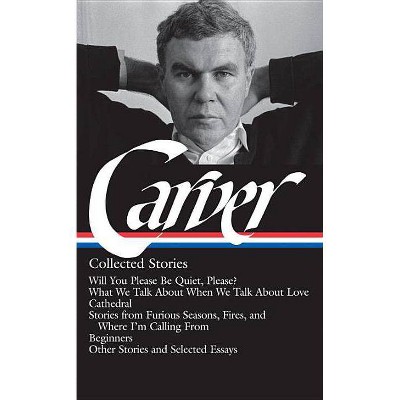
Similar Products
Products of same category from the store
AllProduct info
<p/><br></br><p><b> About the Book </b></p></br></br>Carver transformed the American short story in the 1970s and 80s with spare, intense, often disturbing dramas. Gathering for the first time all Carver's stories, this volume provides the first comprehensive overview of Carver's career.<p/><br></br><p><b> Book Synopsis </b></p></br></br>In collections such as <i>Will You Please Be Quiet, Please?</i> and <i>What We Talk About When We Talk About Love</i>, Raymond Carver wrote with unflinching exactness about men and women enduring lives on the knife-edge of poverty and other deprivations. Beneath his pared-down surfaces run disturbing, violent undercurrents. Suggestive rather than explicit, and seeming all the more powerful for what is left unsaid, Carver's stories were held up as exemplars of a new school in American fiction known as minimalism or dirty realism, a movement whose wide influence continues to this day. Carver's stories were brilliant in their detachment and use of the oblique, ambiguous gesture, yet there were signs of a different sort of sensibility at work. In books such as <i>Cathedral</i> and the later tales included in the collected stories volume <i>Where I'm Calling From</i>, Carver revealed himself to be a more expansive writer than in the earlier published books, displaying Chekhovian sympathies toward his characters and relying less on elliptical effects. <p/> In gathering all of Carver's stories, including early sketches and posthumously discovered works, The Library of America's <i>Collected Stories</i> provides a comprehensive overview of Carver's career as we have come to know it: the promise of <i>Will You Please Be Quiet, Please?</i> and the breakthrough of <i>What We Talk About</i>, on through the departures taken in Cathedral and the pathos of the late stories. But it also prompts a fresh consideration of Carver by presenting Beginners, an edition of the manuscript of <i>What We Talk About When We Talk About Love</i> that Carver submitted to Gordon Lish, his editor and a crucial influence on his development. Lish's editing was so extensive that at one point Carver wrote him an anguished letter asking him not to publish the book; now, for the first time, readers can read both the manuscript and published versions of the collection that established Carver as a major American writer. Offering a fascinating window into the complex, fraught relation between writer and editor, Beginners expands our sense of Carver and is essential reading for anyone who cares about his achievement. <p/><b>LIBRARY OF AMERICA</b> is an independent nonprofit cultural organization founded in 1979 to preserve our nation's literary heritage by publishing, and keeping permanently in print, America's best and most significant writing. The Library of America series includes more than 300 volumes to date, authoritative editions that average 1,000 pages in length, feature cloth covers, sewn bindings, and ribbon markers, and are printed on premium acid-free paper that will last for centuries.<p/><br></br><p><b> Review Quotes </b></p></br></br><br>"The Library of America <i>Collected Stories</i> is a fascinating event . . . if you haven't read it you cannot claim, in the fullest sense, to have read Raymond Carver." <b>-- <i>Times Literary Supplement</i></b><br><p/><br></br><p><b> About the Author </b></p></br></br><b>Raymond Carver</b> (1938-1988), the author of such landmark collections as <i>Will You Please Be Quiet, Please?</i> (1976), <i>What We Talk About When We Talk About Love</i> (1981), and <i>Cathedral</i> (1983), was perhaps the most influential short-story writer of his generation. <p/><b>William L. Stull</b> and <b>Maureen P. Carroll</b>, editors, have devoted decades to the work of Raymond Carver, publishing numerous essays and editing <i>Conversations with Raymond Carver </i>(1990), <i>Remembering Ray: A Composite Biography</i> (1993), <i>All of Us: The Collected Poems </i>(1996), and <i>Call If You Need Me: The Uncollected Fiction and Other Prose </i>(2000).
Price History
Price Archive shows prices from various stores, lets you see history and find the cheapest. There is no actual sale on the website. For all support, inquiry and suggestion messages communication@pricearchive.us
